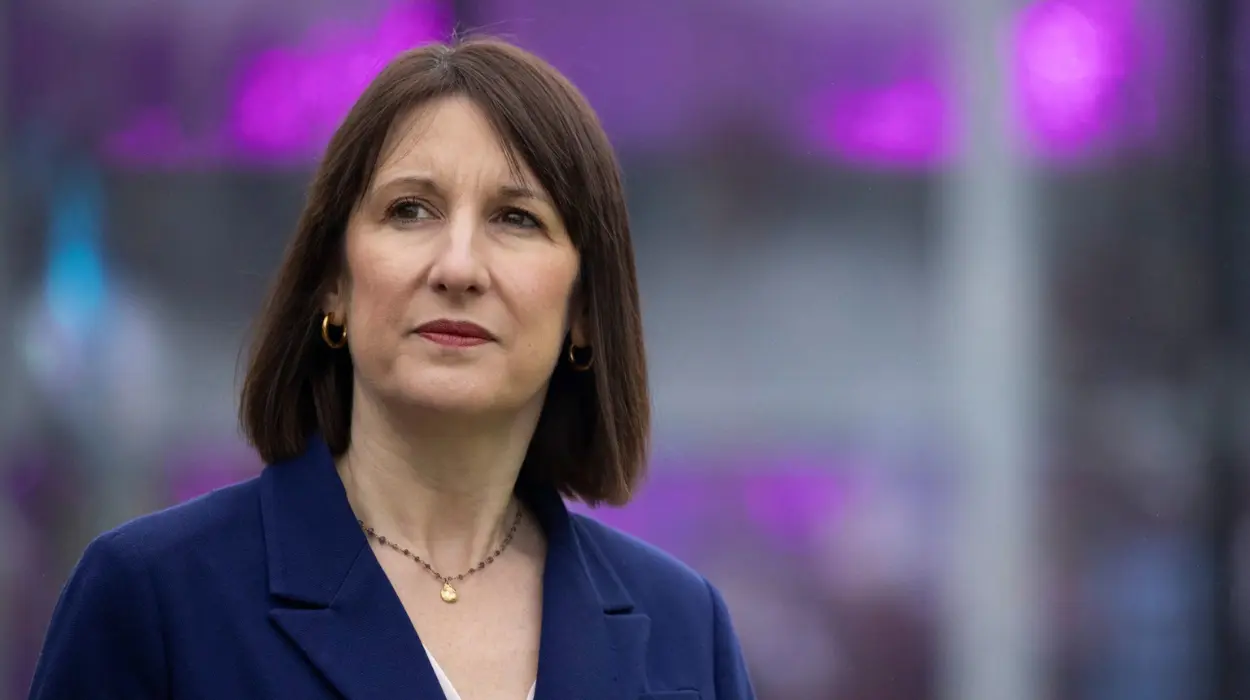UK (Parliament Politics Magazine) – UK jobseeker numbers hit a five-year high as firms cut staff and froze hiring, with fears that Rachel Reeves’ tax plans could further strain the labour market.
As reported by The Telegraph, jobseeker numbers hit a five-year peak in August as company bosses cut staff and prepared for more taxes from Chancellor Rachel Reeves.
How will expanded National Insurance hit UK professionals?
Jobseeker numbers increased at their fastest pace in nearly five years this August, as companies cut jobs and scaled back recruitment.
A survey by KPMG and the Recruitment & Employment Confederation found recruiters citing weak economic confidence and increasing prices as the main drivers.
The data delivered another setback to Ms Reeves as the Government battles to revive growth and cut the jobless benefits bill.
The Chancellor is expected to lift multiple taxes in November’s Budget, seeking to close the fiscal gap but intensifying pressure on businesses.
The move comes after Ms Reeves’ record £40bn tax grab in her debut fiscal plan, including a National Insurance hike that critics slammed as a “jobs tax.”
The upcoming Budget may see Ms Reeves extend National Insurance rises, potentially affecting 190,000 workers, including doctors, solicitors, accountants and advisers.
According to a KPMG and REC survey of 400 consultancies, hiring demand fell further in August. The latest figures revealed that permanent job openings declined more steeply than temporary opportunities.
The survey reported the weakest starting salary growth in over four years, with wages for temporary staff trailing long-term trends. It revealed vacancies fell most sharply in the South East, with construction alone seeing increased demand. The data showed permanent vacancies in retail and hospitality had also fallen.
What did Jon Holt warn about hiring and the economic outlook?
KPMG said the slowdown partly reflected a surge in job seekers, giving employers more choice and reducing pressure to raise pay.
According to Jon Holt of KPMG, weak economic prospects are prompting executives to delay spending and hiring.
He added,
“Given the speculation around upcoming Budget measures, it’s unlikely we’ll see a significant shift in recruitment patterns in the near term.”
What did Neil Carberry say about employers’ confidence and the Budget?
Neil Carberry, of the REC, said,
“Employers need a shot of confidence along with their seasonal flu jabs this autumn.”
He stated,
“There is certainly potential out there – but with fewer vacancies and more candidates looking for work, the overall picture is still subdued.”
Mr Carberry added,
“All eyes are now on the autumn Budget, in the hope that the Chancellor won’t do any further damage to the labour market with costs on hiring. For the economy to thrive, the Budget must recognise the need for investment in people.”
What did the Work and Pensions Committee report say about Jobcentres?
MPs warned on Monday that the Department for Work and Pensions must “rebuild trust with employers” if it hopes to bring more people back into jobs.
The Work and Pensions Committee praised the government’s push to prioritise employment at Jobcentres over benefit checks, but urged stronger ties with local employers to connect jobseekers and businesses better.
The committee recommended extending the job search period for benefit claimants from four weeks to three months. They warned that the current limit pushes people into “any job” roles, often leading to poor retention.
What did Debbie Abrahams say about ending the ‘any job’ cycle?
Debbie Abrahams, a Labour MP and the committee’s chair, stated,
“Providing the right support to get people back into the workplace assists not only individual claimants, but businesses and wider society too.”
She added,
“We need to help end the cycle of claiming benefits, being pushed into any job, and losing it when it is unsuitable or insecure. This undermines the service the Jobcentre is meant to be providing for people and businesses.”
How will DWP tackle the rise in workless graduates?
Prime Minister Sir Keir Starmer’s recent reshuffle positions Pat McFadden to lead the DWP, now refocused as a “growth ministry.”
His role includes reviving Britain’s weak economic growth and addressing the growing issue of worklessness.
Official data show that the number of 16-24-year-olds not in education, employment, or training (NEET) has increased from 793,000 to 923,000 over the past five years.
Key facts about the job seekers in the UK
The UK unemployment rate rose to 4.7% in April–June 2025, affecting 1.67 million people, up 206,000 from last year. The Claimant Count fell slightly to 1.695 million in July 2025.
Youth unemployment remains high, with 31.6% for 16–17-year-olds and 12% for 18–24-year-olds. These figures highlight ongoing challenges for young job seekers.


